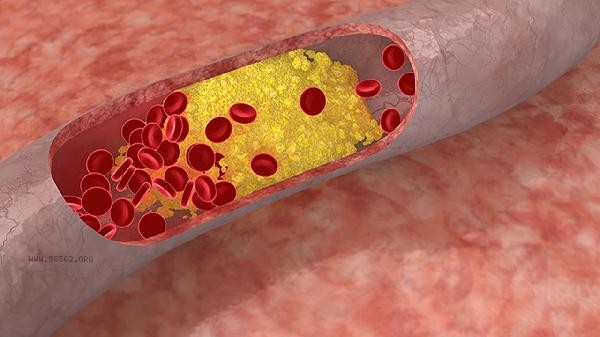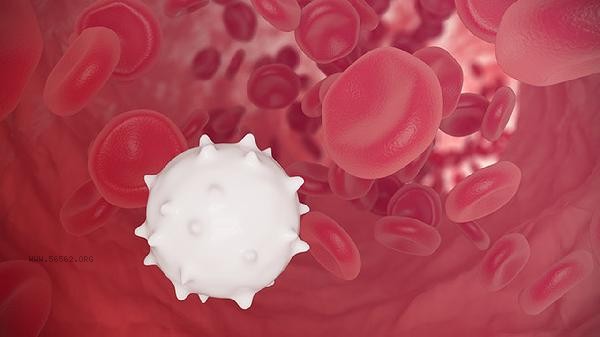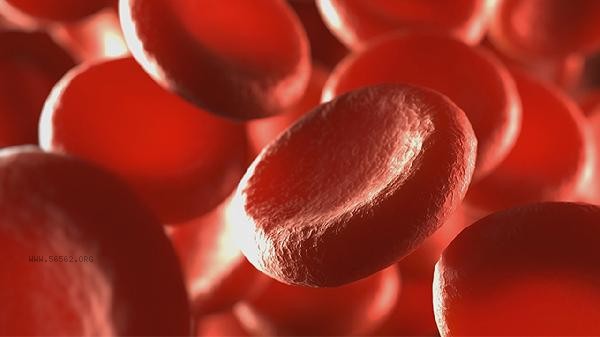ESR (erythrocyte sedimentation rate) is a non-specific indicator for detecting inflammation or tissue damage, mainly used to screen for pathological conditions such as infections, autoimmune diseases, tumors, etc. The main influencing factors include abnormal plasma protein, changes in red blood cell count and morphology, levels of inflammatory mediators, degree of anemia, and specimen collection time.

1. Inflammation screening: Elevated ESR is commonly seen in bacterial infections, tuberculosis, and other inflammatory reactions. When pathogens invade, acute phase response proteins such as fibrinogen in the body increase, promoting the aggregation and accelerated sedimentation of red blood cells. Autoimmune diseases such as rheumatoid arthritis and systemic lupus erythematosus can also lead to persistent abnormalities.
2. Anemia assessment: When hemoglobin is below 90g/L, a decrease in red blood cell count will weaken suspension resistance and increase sedimentation rate. Patients with iron deficiency anemia and hemolytic anemia usually have ESR values exceeding the reference range, and the type of anemia should be determined by combining blood routine.
3. Tumor monitoring:
Patients with hematological tumors such as lymphoma and multiple myeloma can significantly increase their ESR to over 100mm/h due to increased abnormal globulin levels. When solid tumors are accompanied by tissue necrosis, this indicator may also show a moderate increase.
4. physiological fluctuations:

During menstruation and mid to late pregnancy in women, due to changes in estrogen levels, ESR can increase physiologically by 20-30 mm/h. Elderly people over 60 years old have a natural increase in plasma fibrinogen, and the upper limit of normal values is about 10mm/h higher than that of young people.
5. Technical interference:
Failure to detect after blood collection for more than 4 hours, improper proportion of anticoagulants, tilting of test tubes, and other operational factors may lead to false elevation. Room temperature below 18 ℃ or specimen shaking can slow down the settling rate, resulting in lower results.
Before testing, avoid vigorous exercise and greasy diet, and maintain an empty stomach state. Abnormal results need to be comprehensively judged by combining specific tests such as C-reactive protein and serum protein electrophoresis. Rheumatology and immunology patients are recommended to have ESR dynamic monitoring of their condition every 3 months, and cancer patients need to undergo weekly testing during chemotherapy. Daily supplementation of vitamin C and iron can improve anemia related sedimentation rate, and moderate aerobic exercise can help reduce chronic inflammation levels.










Comments (0)
Leave a Comment
No comments yet
Be the first to share your thoughts!